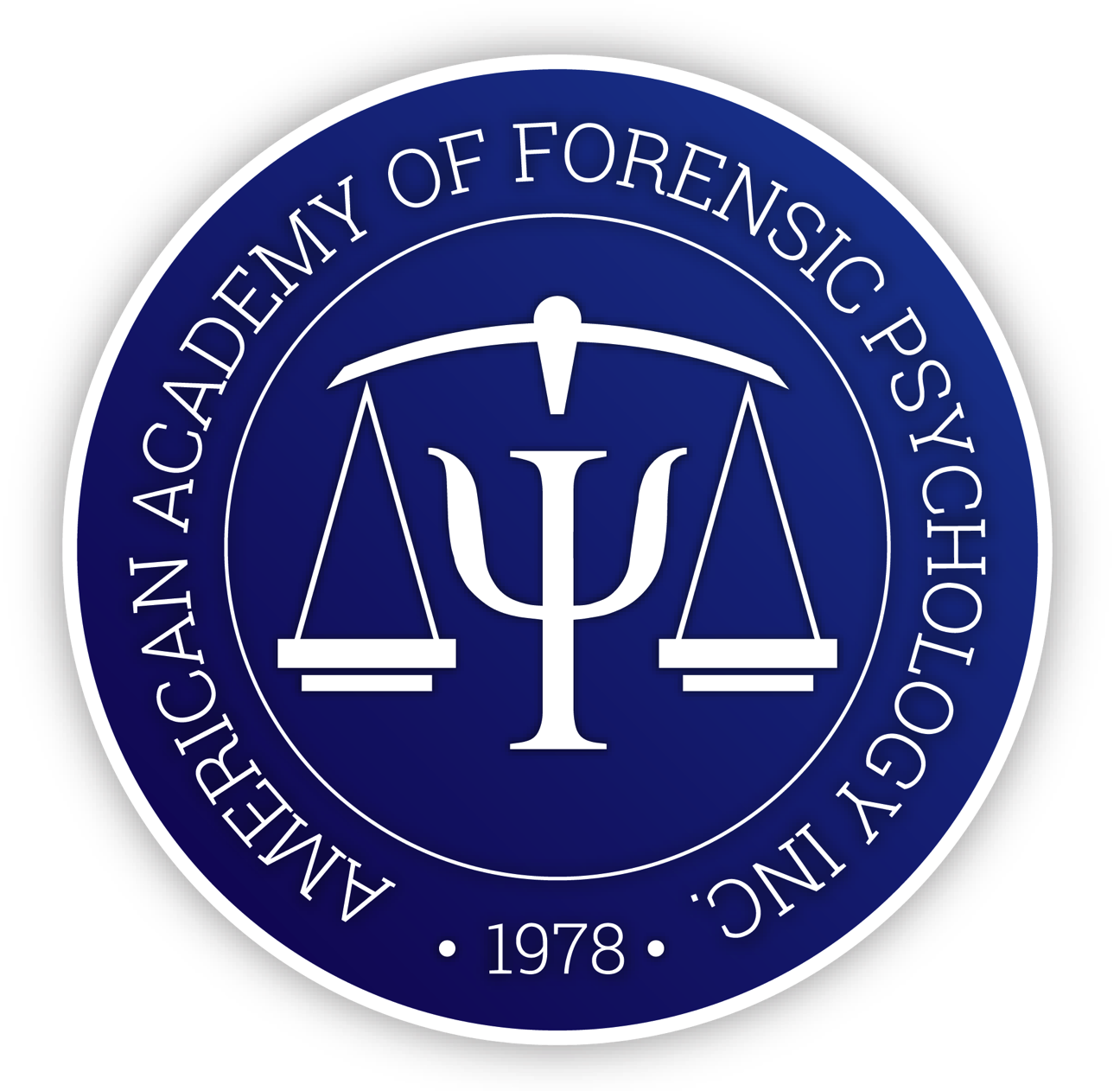4 Hours | 4 CEs
This on-demand professional training program on Evaluation for Mitigation in Non-Capital Federal Sentencing Cases is presented by Claude J. Kelly, JD, and Gina Manguno-Mire, PhD in partnership with the American Academy of Forensic Psychology (AAFP)
Evaluations for sentencing are ubiquitous and commonly encountered by practicing forensic psychologists, but there is little guidance on how to conduct these evaluations in non-capital cases. Since the passage of the Sentencing Reform Act in 1984, federal judges have been tasked with considering how a defendant's "history and characteristics" bear upon sentencing.
This program, co-presented with the Chief Federal Public Defender in the Eastern District of Louisiana, provides participants with the legal context for conducting non-capital federal sentencing evaluations, including an in-depth discussion of the U.S. Sentencing Guidelines as illustrated by actual case examples used in mitigation evaluations in federal court. Finally, how to effectively and ethically communicate one's opinion through written reports and/or oral testimony is discussed.
The program is intended for beginning forensic practitioners or evaluators with forensic experience who are looking to expand their current practice by learning to conduct mitigation evaluations of non-capital offenders. Federal case law, the goals, and purpose of sentencing, including the concept of moral culpability, are discussed in detail, focusing on the systematic evaluation of individual offender characteristics that bear upon individualized sentencing. The basis for sentencing mitigation, including the factors judges consider in departing from the sentencing guidelines, is discussed through the use of legal material and redacted forensic case examples.

Intended Audience
This on-demand professional training program is intended for mental health and other allied professionals

Experience Level
This on-demand professional training program is appropriate for beginner, intermediate, and advanced level clinicians.

CE / CPD Credit
APA, ASWB, CPA, NBCC Click here for state and other regional board approvals.
Learning Objectives
Upon completion of this program you will be able to:

Describe the legal context of federal sentencing evaluations

Describe the role of psychological evaluations for mitigation in non-capital sentencing proceedings

Describe how to conduct high-quality evaluations for mitigation in non-capital federal sentencing cases

Curriculum
1. Program Introduction
2. Navigating Legal Context and Case Law in Mitigation Evaluations
3. Empirical Foundation and Limits
4. Forensic Mental Health and Sentencing Guidelines in Federal Cases
5. Poll 2 and Case Example
6. Comprehensive Approach to Mitigation Evaluations: From Sentencing Basics to Expert Testimony
Develop a Specialty Area of Practice
Transforming mental health professionals into experts
Expert Instructors
Professional training developed and delivered by the field's leading experts

CE Credit
Earn CE credit for meaningful professional training that will elevate your practice
Convenience & Flexibility
Learn at your own pace, from wherever you might be!
Program Partner
American Academy of Forensic Psychology (AAFP)
We are proud to partner with the American Academy of Forensic Psychology (AAFP) for this training. AAFP is a non-profit organization of board-certified forensic psychologists whose mission is to contribute to the development and maintenance of forensic psychology as a specialized field of study, research, and practice. The Academy does this by providing high-quality continuing education workshops, providing a forum for the exchange of scientific information among its members, and conferring awards upon outstanding students and practitioners in the field of forensic psychology.

CE Sponsorship Information
Palo Alto University, Continuing and Professional Studies (CONCEPT) is approved by the American Psychological Association to sponsor continuing education for psychologists. Palo Alto University, Continuing and Professional Studies (CONCEPT) maintains responsibility for this program and its content. Palo Alto University, Continuing and Professional Studies (CONCEPT) is approved by the Canadian Psychological Association to offer continuing education for psychologists. Palo Alto University, Continuing and Professional Studies (CONCEPT), SW CPE is recognized by the New York State Education Department’s State Board for Social Work as an approved provider of continuing education for licensed social workers #SW-0356 and the New York State Education Department’s State Board for Mental Health Practitioners as an approved provider of continuing education for licensed mental health counselors. #MHC-0073. Palo Alto University, Continuing and Professional Studies (CONCEPT) has been approved by NBCC as an Approved Continuing Education Provider, ACEP No. 6811. Programs that do not qualify for NBCC credit are clearly identified. CONCEPT Professional Training, #1480, is approved to offer social work continuing education by the Association of Social Work Boards (ASWB) Approved Continuing Education (ACE) program. Organizations, not individual courses, are approved as ACE providers. State and provincial regulatory boards have the final authority to determine whether an individual course may be accepted for continuing education credit. CONCEPT Professional Training maintains responsibility for this course. ACE provider approval period: 11/22/23-11/22/26. Social workers completing this course receive (clinical or social work ethics) continuing education credits.



